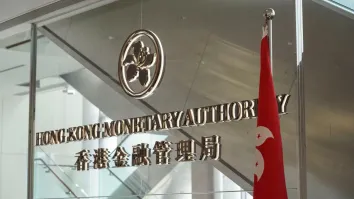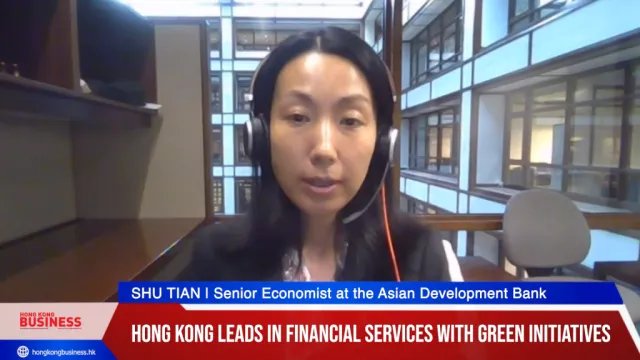
Mercer welcomes new budget measures but recognises opportunities missed
Careful thought is required to maximize value from the recent Hong Kong budget measures to improve retirement savings and healthcare.
On the news that HK$24billion is to be reserved to provide a HK$6,000 stimulus to every MPF account holder, Alan Oates, Mercer's Retirement Risk and Finance business leader in Hong Kong, commented, "We applaud the HK$24 billion investment into the retirement savings of the Hong Kong people. However, providing a flat injection of HK$6,000 into each MPF fund may miss an important opportunity to stimulate retirement savings and change savings behavior."
Mr Oates points towards the use of tax incentives as a better way of changing the current apathy towards retirement savings. "Using the reserve to finance fiscal incentives, either by additional income tax relief or dollar for dollar credits, would attract substantially more voluntary investment into the system. Doing so would also increase the savings rate and help alleviate some of the immediate pressures on inflation. We recognize that a credit works for those who can't afford voluntary savings, but for a significant number of people fiscal incentives would develop a partnership culture towards retirement saving."
On the subject of whether the HK$24billion is enough, Mr Oates added "It's a start! But it only represents an additional retirement income of around HK$40 per month in today's money terms for the average person, and if given incentives to save more, that figure could be many times higher."
With respect to the additional HK$3.52 billion of healthcare funding, HK$2.74 billion of which allocated to the Hospital Authority, Rose Kwan, Mercer's Health and Benefits business leader in Hong Kong, commented, "The news on the additional funding is all quite positive. The funds are being directed into the right areas to address the growing demand on the Hospital Authority and the improvement in public health and medical services. The concern we have is the sustainability of the funding and services given the cost of healthcare inflation and Hong Kong's aging population."



















 Advertise
Advertise






